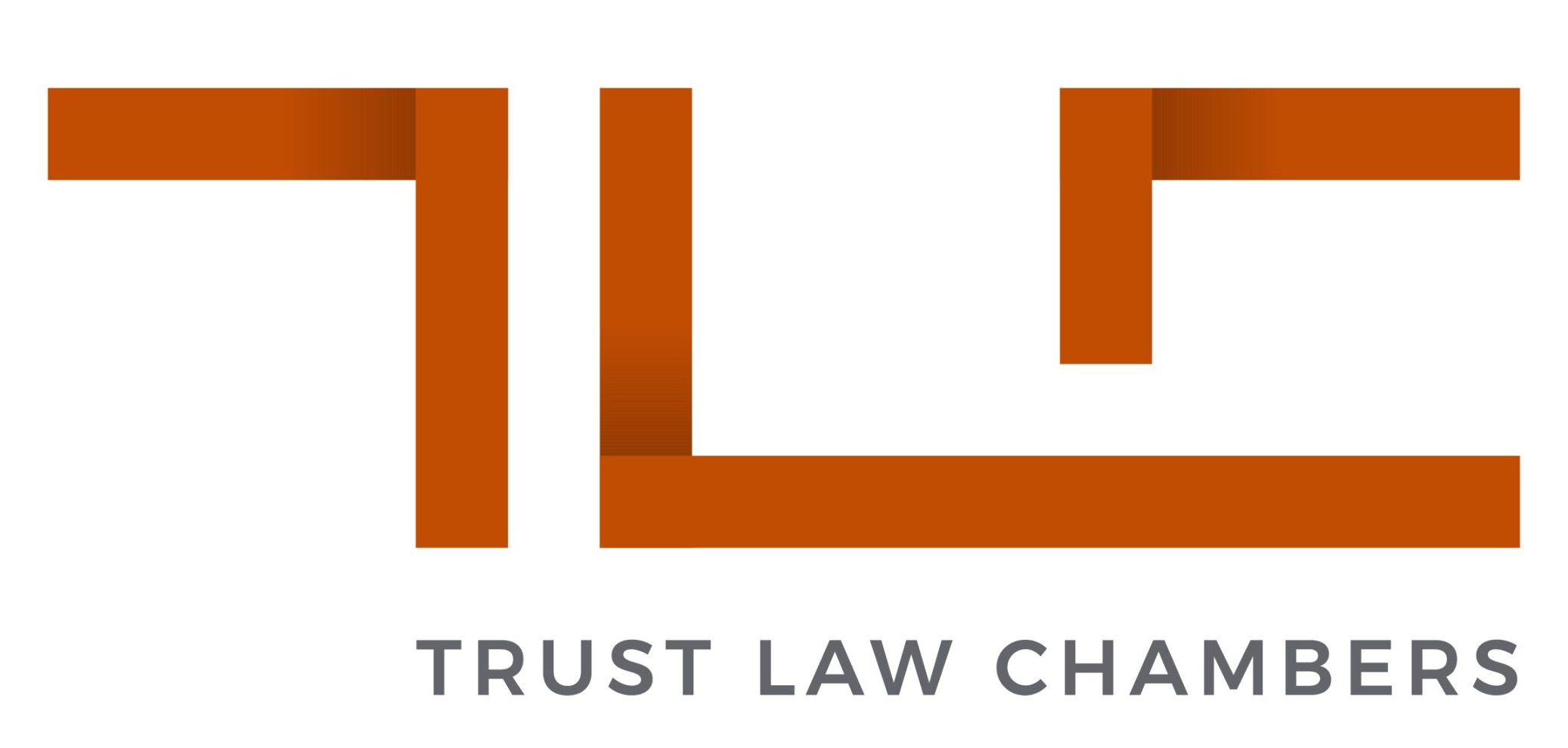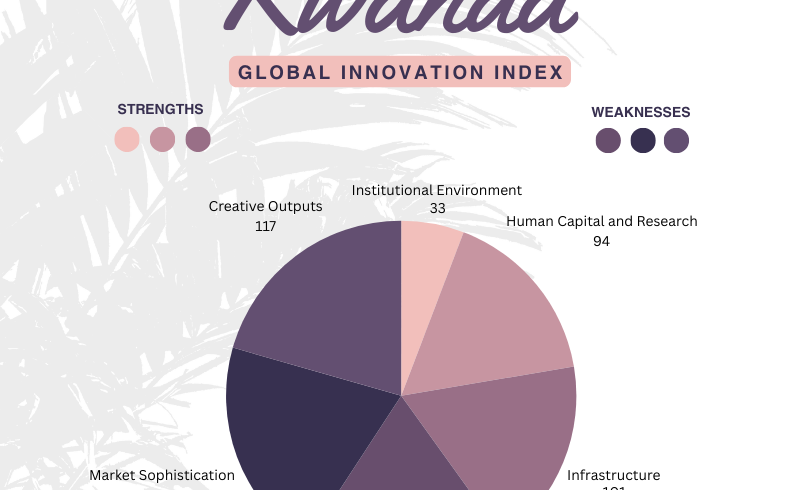The local capital market is upbeat following the passing of the income tax Bill by the lower house of Parliament last week. According to the Capital Market Authority (CMA), the development is “one among several initiatives by the government geared at supporting the development of the local capital market”.
“The tax incentives in the Bill will be a boost to other initiatives by the CMA to maintain a conducive environment to ease access to long-term funding through the capital markets,” said Eric Bundugu, the CMA acting executive director.
The new income tax law will give tax incentives for companies that will list on the country’s capital market. For instance, companies will pay income tax at 20 per cent if they list at least 40 per cent of their shares on the Rwanda Stock Exchange (RSE), 25 per cent for those that will sell 30 per cent of their shares to the public, while corporate income tax rate will be 28 per cent for any firm that lists 20 per cent stake on RSE under the new law. It will replace law No.16/2005 of 18/08/2005 on direct income taxes.
Bundugu said the new law will encourage SMEs to come to the market to raise development finance. Though government passed the law for alternative market segment over three years ago, SMEs have shied away from listing on the local bourse. This despite the fact that disclosure requirements for small-and-medium firms were relaxed.
Pierre-Celestin Rwabukumba, the RSE chief executive, welcomed the move, saying it will greatly benefit entrepreneurs that come to the market. “You save on income tax at only one cost; opening up and disclosing on business as well as ensuring good governance and accountability,” he noted.
There are four local firms listed on RSE of the eight companies on the bourse.



https://shorturl.fm/VmSBD
https://shorturl.fm/V5ni8
https://shorturl.fm/pi3TS
https://shorturl.fm/tKxMC
https://shorturl.fm/swzBX
https://shorturl.fm/1FErW
https://shorturl.fm/yipul